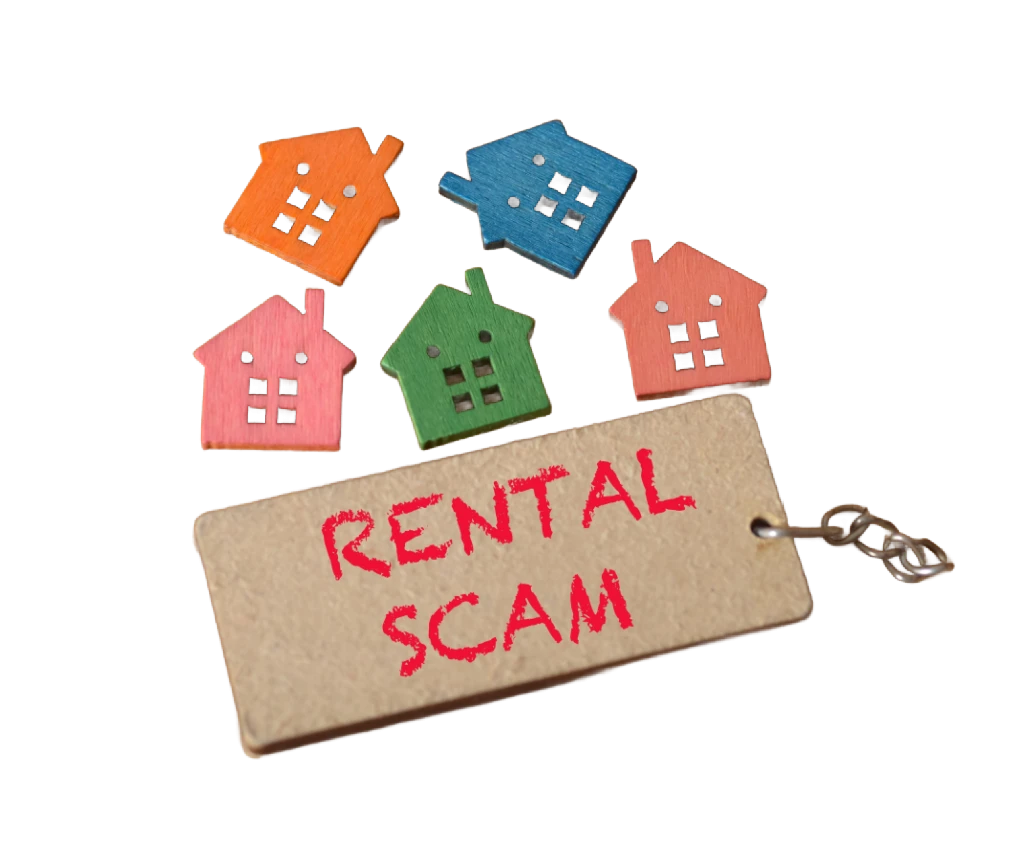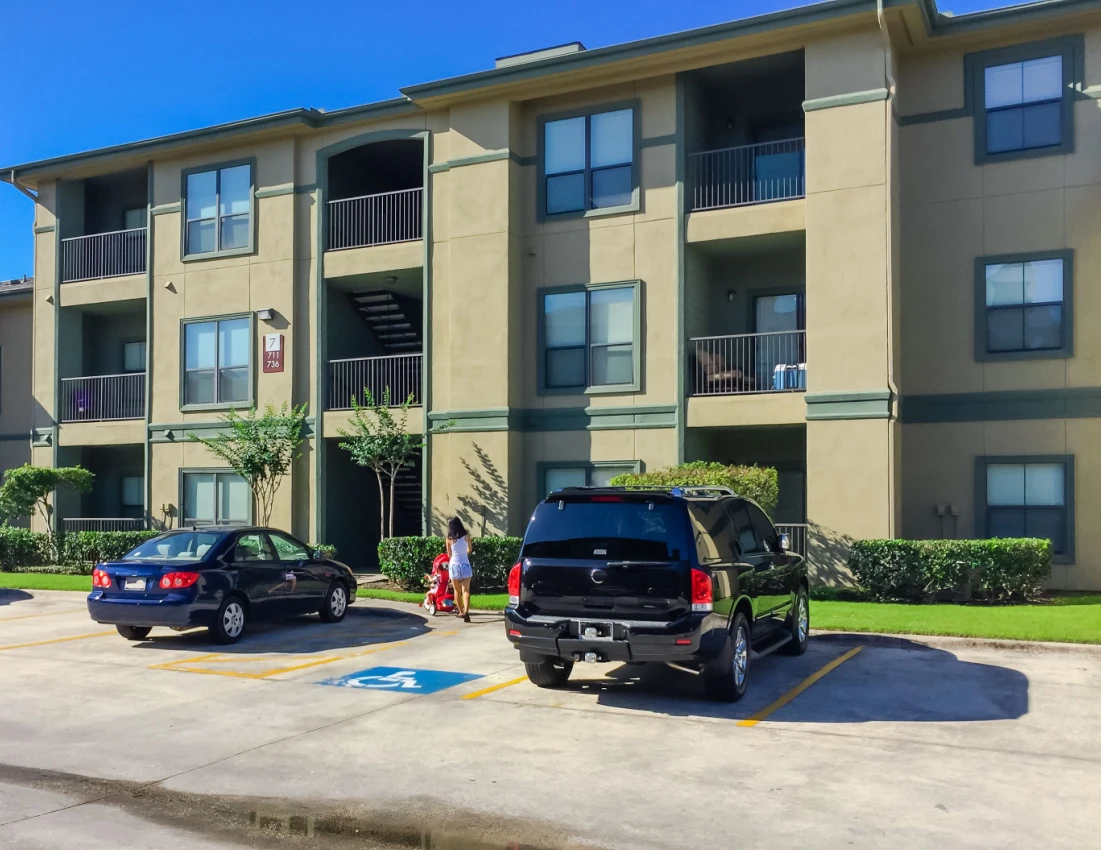Were Tenants Unable to Pay All the Rent in May? We Asked 1,160 AAOA Landlords. Here’s What They Said.
The last 30 days have felt like a roller coaster, leaving landlords wondering whether their rental income will remain stable and what new liabilities may arise from coronavirus.
Last month we surveyed 1,024 AAOA members to find out whether their tenants were paying full rent and how they planned to handle nonpayment. We redid the survey for May and received 1,160 responses from landlords all over the country. Below we analyze the changes, if any, in the last 30 days.
More Tenants Are Unable to Pay Rent in May than April
The first question we asked our members was whether or not they had tenants that were unable to pay some or all of the rent because of a coronavirus-related job or income loss.
In April, 54.3% of landlords responded “Yes”. We expected this percentage to increase as unemployment continued to rise. Although the number of tenants who were unable to pay rent increased by 5% in May, this was less of an increase than expected.
It appears the stimulus checks and unemployment benefits issued by Congress helped to mitigate loss of income, allowing renters to make ends meet. These benefits are a temporary solution, but when coupled with more states reopening, renters may find more employment opportunities before their benefits run out – a win-win for renters and landlords alike.
80% of Landlords Are Willing to Defer Rent
We were pleased to see that in April 67.29% of landlords surveyed were in favor of deferring rent for tenants who needed it. Since then, even more landlords are open to helping tenants. 79.84% of landlords are now willing to work with tenants who are unable to pay rent.
Why might this be?
- As landlords begin to get a clearer picture of the devastating impact this pandemic is having on the economy, they are adjusting their policies and showing compassion towards renters.
- We also believe eviction moratoriums and court closures that have made it next to impossible to enforce nonpayment of rent has encouraged landlords to enter mutually beneficial agreements with renters.
- AAOA’s free Rent Deferral Agreement has been downloaded thousands of times in the last 30 days as well, showing that landlords are moving towards using written agreements to protect their rights to enforce the agreement terms later.
A written agreement helps both the landlord and the tenant by providing clear expectations of when rent will be due and how it will be paid back. Access to our Rent Deferral Agreement has likely encouraged landlords to feel more comfortable deferring rent which will hopefully prevent unnecessary court filings and evictions later.
Landlords Still Don’t Feel Any More Prepared
Landlords are no more confident in May than April when it comes to handling tenants who become infected with coronavirus in their multi-family or multi-unit building.
In April 64.25% of landlords said they do not feel prepared and this percentage remained nearly unchanged in our May survey.
This shows there is still a great deal of uncertainty about how the virus behaves and what landlords can do to keep their building safe. We’ve received many calls from landlords wondering how to prevent the spread of infection and whether to disclose to residents in a building that a tenant has coronavirus.
It is tough to predict what lawsuits may arise from this novel situation, but top eviction and asset protection attorneys on our Coronavirus Q&A webinar suggested making medical privacy a priority and documenting cleaning procedures in writing to reduce liability.
Landlord Concerns about COVID-19 and Their Rentals Remain Similar
We also asked landlords what they were most concerned about. Tenants not being able to pay rent is still the primary concern, which makes sense given that requests to defer rent did not decrease in the last 30 days.
However, we did see a slight change regarding not being able to pay the mortgage. Fewer landlords are worried about making their mortgage payments than last month. This could be because lenders and other assistance programs have helped alleviate financial stress.
This month, landlords are a little more concerned with not being able to evict problematic tenants. Perhaps eviction moratoriums and court backlogs have left landlords concerned about tenants who may be paying rent, but breaking their lease in other ways. In our most recent webinar “Protecting Your Rental Income in a Pandemic” several landlords chimed in during Q&A asking how to handle unauthorized guests and pets as well as tenant nuisance issues such as destroying property and conducting illegal activity.
Conclusion
We expect to see an increase in cooperation between landlords and tenants as more resources and information become available to both parties. Although looming rent strikes in some major cities had landlords worried on May 1st, there should be less antagonism towards landlords as the economy recovers and landlords continue to show compassion towards renters.



















 Accessibility
Accessibility